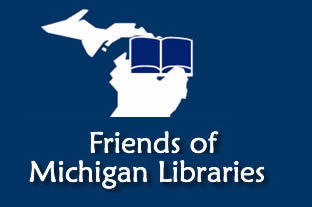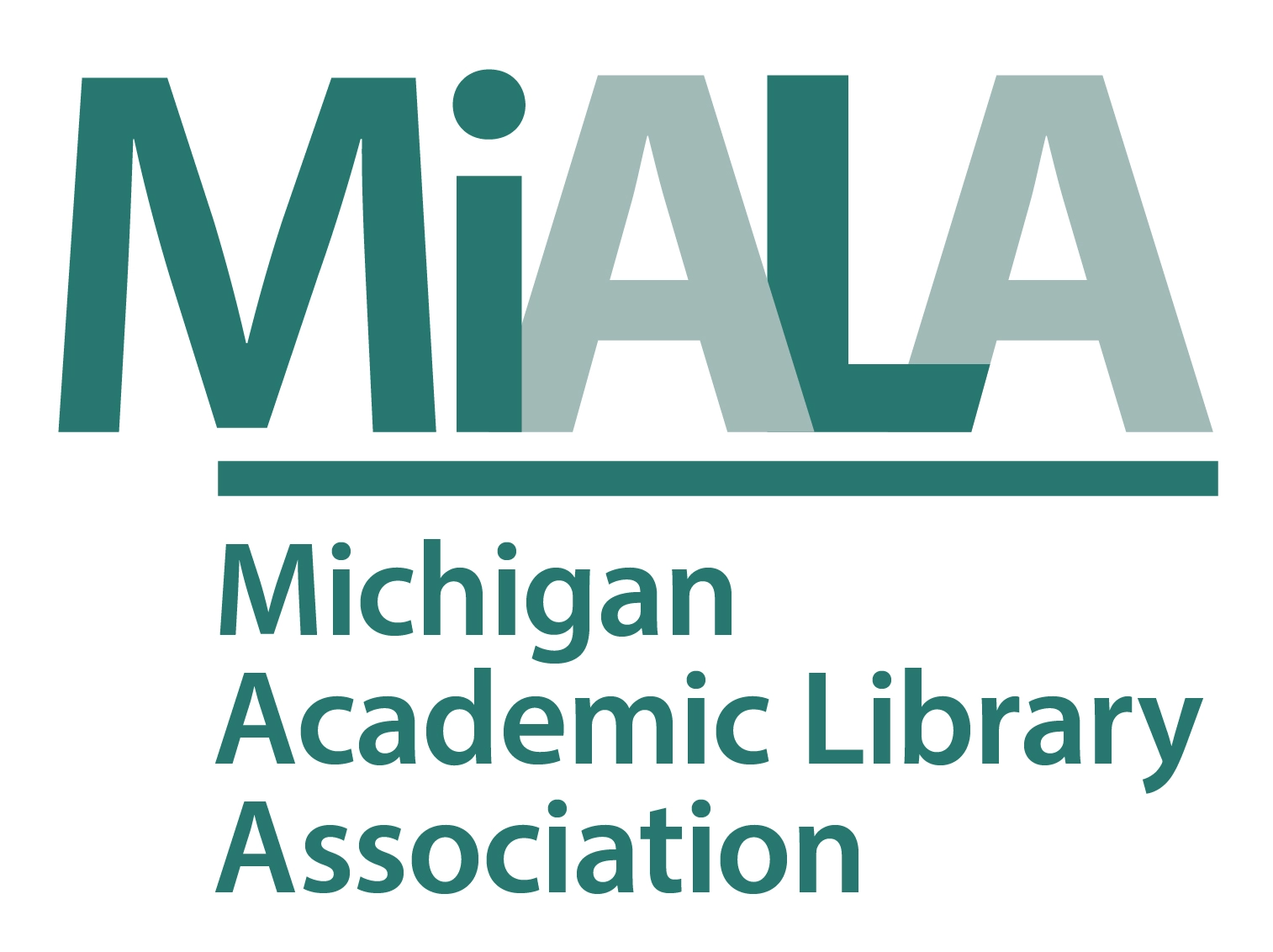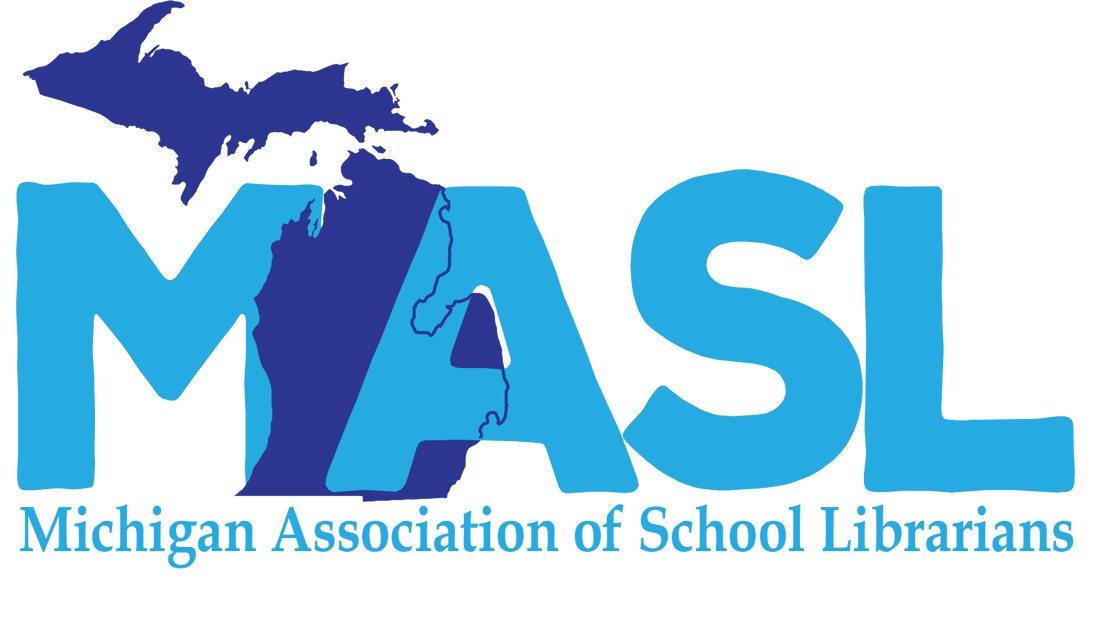
MLA Advocacy Action Plan | Priority Areas | Bill Tracker | Call To Action | Find Your Legislators | How to be a Good Advocate | Intellectual Freedom resources | Advocacy News Headlee Amendment - MLA Advocacy Priority AreaStatement of Principle The Michigan Library Association (MLA) actively advocates and educates in defense of sustainable funding for libraries throughout the State of Michigan. In Michigan, the majority of funding for public libraries (approximately 80% overall) comes from property tax revenues in the form of dedicated millages. Depending on how a public library is legally formed, up to four mils may be levied in dedicated funding. In 1978, voters approved an amendment to the Michigan constitution known as the Headlee Amendment. Headlee protected property owners from increases in taxes by rolling back the tax rates of millages so that growth would not exceed the rate of inflation from the existing tax base. In 1994, voters approved the Michigan Education Finance Amendment, known as Proposal A. Proposal A separated taxable value from state-equalized value and caps increases in taxable value at 5% or the rate of inflation, whichever is less. The effect of Headlee and Proposal A together means that millage rates are permanently reduced (or “rolled back”) during periods of economic growth, which achieves the desired outcome of protecting taxpayers from taxes that are too high. However, during periods of economic recession, when property values decline, there is currently no mechanism to restore millage rates to the amount voters originally approved. For example, if the residents of Anytown, MI voted to approve library funding up to two mills in 1994, and the property values steadily increased each year, the highest millage the library could levy would decrease incrementally each year. In 2006, perhaps the Anytown Library’s millage rate is rolled back to 1.5 mills. If the housing market declined in 2007, the library’s millage rate would still be capped at the rolled back rate of 1.5 mills, not the full two mills that the voters originally approved. The revenue from 1.5 mills may be insufficient to support the library services that the residents of Anytown expect. This is a scenario many libraries throughout Michigan have faced. When this happens, libraries must make the difficult decision to go back to voters and ask for approval of a “Headlee Override” millage, cut services, or both. A Headlee Override involves asking the voters to approve raising the millage rate to its original rate after it has been forced to be rolled back because of growth in property values. It is the position of MLA that in an economic downturn, when values are decreasing millage rates should be allowed to go up at the same rate of inflation. MLA supports legislation to reform Headlee and help to stabilize library revenues during an economic downturn. |








